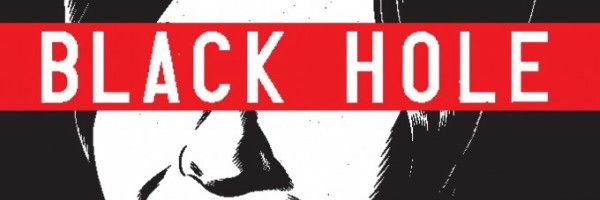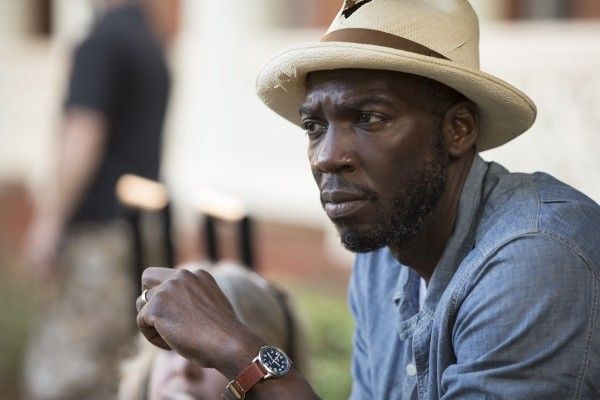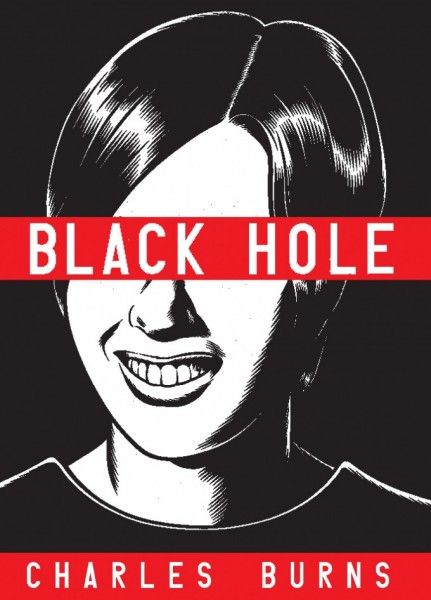The long (seriously long) developed film adaptation of Black Hole has found new life! Dope director Rick Famuyiwa has signed on to write and direct a movie based on the beloved graphic novel by Charles Burns about a group of teens in the 1970s who contract a sexually transmitted disease known as "the Bug" that manifests in grotesque mutations, exploring the perils of sexual awakening and teenage and high school alienation in surreal, challenging imagery.
A film adaptation of the 12-issue graphic novel has been in the works on and off since 2005, when Alexandre Aja was attached. In the years since Neil Gaiman and Pulp Fiction co-writer Roger Avery took a swing at the script a few times and David Fincher was attached to the project for years at Paramount before he dropped out in 2010. Despite reports that Fincher was still interested, the film has languished in development hell for years. Per THR, Plan B and New Regency have now teamed to bring the project back to life.
Black Hole earned a heaping of critical acclaim and a cult following in the 10 years Burns spent writing it, along with receiving a Harvey Award, an Ignatz Award, and an Eisner Award. As for Famuyiwa, the director earned his own heap of buzz after his Sundance breakout Dope and was attached to direct Warner Bros.'s troubled The Flash movie for a time before becoming one of the many filmmakers to depart from the project. Since then, he directed the HBO film Confirmation and the pilot for Showtime's The Chi.
What say you, dear readers? Are you excited that the Black Hole adaptation finally has some gas in the tank again? Is Famuyiwa a good pick for the material? Will you forever be haunted by the Fincher adaptation that never happened? Sound off in the comments with your thoughts.
Here's the official synopsis for Black Hole, via Penguin Random House:<
The setting: suburban Seattle, the mid-1970s. We learn from the outset that a strange plague has descended upon the area’s teenagers, transmitted by sexual contact. The disease is manifested in any number of ways — from the hideously grotesque to the subtle (and concealable) — but once you’ve got it, that’s it. There’s no turning back.
As we inhabit the heads of several key characters — some kids who have it, some who don’t, some who are about to get it — what unfolds isn’t the expected battle to fight the plague, or bring heightened awareness to it , or even to treat it. What we become witness to instead is a fascinating and eerie portrait of the nature of high school alienation itself — the savagery, the cruelty, the relentless anxiety and ennui, the longing for escape.
And then the murders start.



